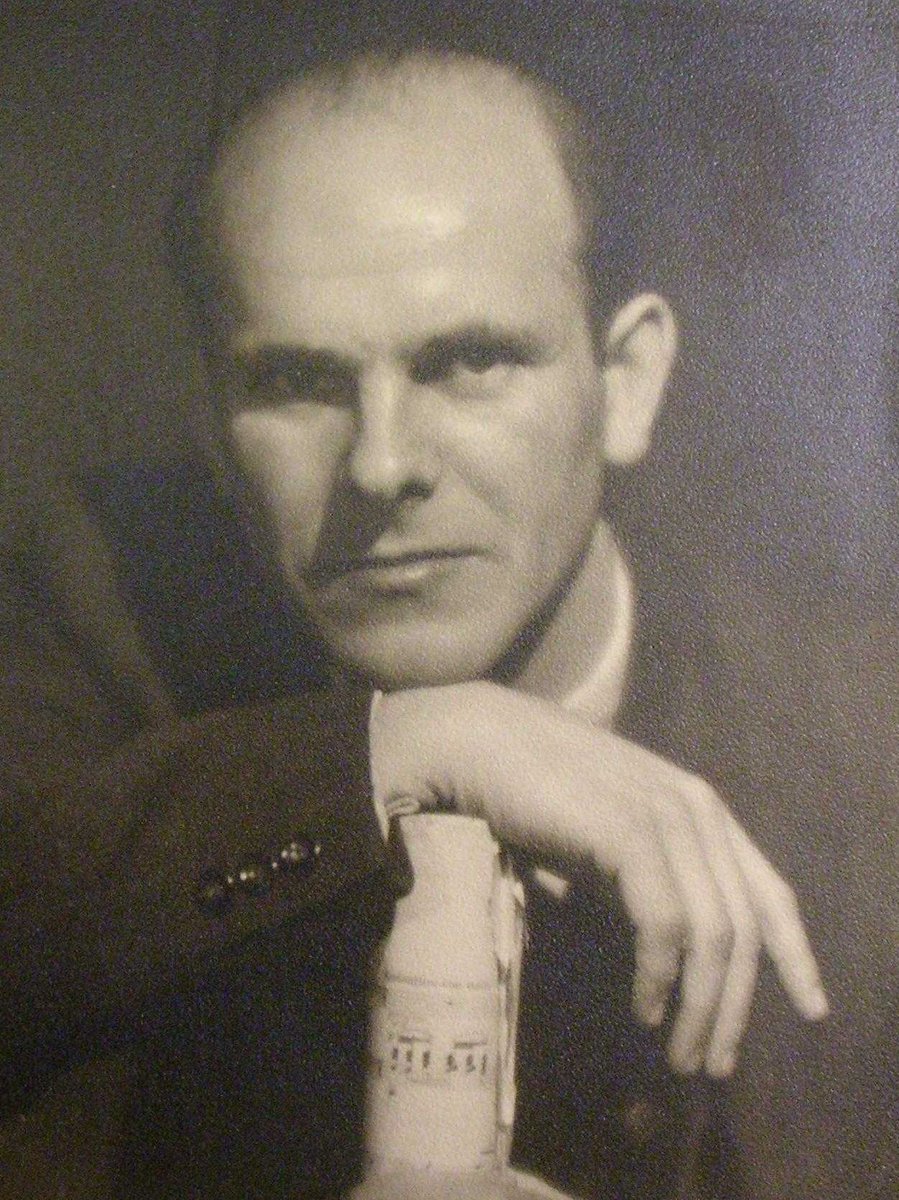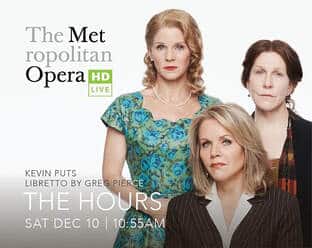Boy of 11 is awarded music degree
mainThe devaluation of music education took a fresh descent today when a boy of 11 was awarded the Licentiate of Trinity College London (LTCL), equivalent to the final year of a first music degree.
The boy, Curtis Elton, has been playing piano since he was 3.
He has twice appeared as a contestant in Britain’s Got Talent, where he was dubbed Mini Mozart.
His music role models are Liberace and Lang Lang.
You can see where this is heading.






I wonder how many people would watch if the show was called ‘Britain’s god good taste’.
He sounds very accomplished and all that. But a degree? Where I come from there are more requirements to getting a degree than a facility — even a prodigious one — for playing the piano. This paper he has appears to be a diploma, and the equivalency to a degree is beyond me — he appears to have passed playing tests — very well, by the sound of it — and written a 1,000 word programme, which I admit sounds like quite an achievement for an 11-year-old. But a degree to me implies a degree, if you will, of higher, and broader, education.
Don’t worry, he hasn’t been awarded a degree. The headline is a little misleading, I think. In the UK an undergraduate degree in music would normally be a BA, BMus, or MusB. This qualification is equivalent to the first-year performance element of a university degree course. To achieve real equivalence to the first year of a degree course would require the additional qualification of LMusTCL, perhaps paired with the LLCM by thesis. This is, however, a great achievement for an 11-year-old, and I am sure that he will achieve much more in the years to come.
I query whether LTCL is a degree equivalent. It’s a diploma and getting one at age 11 is an achievement but not unprecedented.
I also don’t think it is a true degree, either. Certainly no university (at least in Canada) would ever recognize it as such. Not to denigrate the achievement of this very gifted child in any way, diploma would be a better term. Students in some areas of Canada have also been examined for the Trinity College Licentiate, especially in the past. It was something like the much more common ARCT diploma from the Royal Conservatory in Toronto (an institution founded and modeled on the British system). Some of the older generation of Canadian Registered Music Teachers had their Licentiate Diploma from Trinity College (they were of course examined by traveling examiners).
When I was a child I often remember people in the outlying Canadian music communities referring to their preparation for the ARCT exams as “working toward their degree”. It almost sounds like there remains some of this more informal grass-roots word usage connected to the Licentiate in Britain as well.
Glenn Gould got his ARCT at 12, I believe – also an amazing achievement.
Don’t worry, the only person claiming that this is a degree is an ill-informed journalist at the Express.
I think ANY kind of achievement like this one for a young musician, regardless of their age is fantastic and should be encouraged and nothing else! calling this a “devaluation of music education” is rather immature to say the least…but please correct me if I am completely wrong!
The redefinition of what ‘classical music’ and what ‘classical musicians’ are continues. Who knows Norman, you might even see it in your lifetime. I am 100% sure I’ll see it in mine.
For God’s sake, let’s get this precious lad out of the limelight and find him a good teacher! This boy needs training, not exposure. Talent is never enough, and his playing demonstrates that there’s much work to be done if he wants to be taken seriously as a musician. Early exposure on trash-television will in no way contribute to his development. BTW, let’s not underestimate Liberace: he was well trained, he played the piano well, and he was a good musician. But I agree – he’s not the best role model for young kids.
Why are you always so bitchy? How about just congratulating him on all his hard work and achievements.
Kudos to a hard-working kid. He’ll outgrow that Liberace and Lang Lang business eventually.
Sure. He is after all only 11. And it is not unnatural at that age to see piano playing as a glittering and glamorous life, with the Lang Lang example, rather than the chore of eternal practice most kids that age think of it as. Isn’t that in a way what Lang Lang is for? To make playing seem attractive to kids? They will not all turn out to be the next Glenn Gould, and most will pack it in all together. But if some kid thinks that playing well is cool — and continues to mature — then the good ones will come through.
Reminds me a little of little girls and ballerinas — they see their first Nutcracker (featuring, often, someone their own age as Clara), and start their lessons. Most will not stick it, but some will find the discipline and improvement rewarding, and carry on to serious careers as performers and/or teachers.
The top concert halls of the world book Lang Lang, many good conductors and orchestras welcome him — I think implied sneering at a child this age for finding him a role model is a bit snarky.
I have an LTCL. It’s a performing diploma, not a degree. I was 19 when I got mine and it was bloody hard work, so if this kid has reached the standard at the age of eleven, then good luck to him.
Congratulations to him. This in no way devalues the qualification. If he has reached the required standard then he has reached the required standard and is therefore eligible for the qualification. It’s not a degree, and not even equivalent to the first year of a degree. It’s the equivalent to the performing component of the first year of a music degree. The crucial thing is, though, that neither this very talented boy nor the examination board ever claimed that he had been awarded a degree (BA, BMus,MusB) in music. He’s completed a performance diploma that is very advanced for his age, so hopefully he’ll go on to achieve much bigger things when he eventually does go to a conservatoire to read for an actual degree in about 7 years’ time.